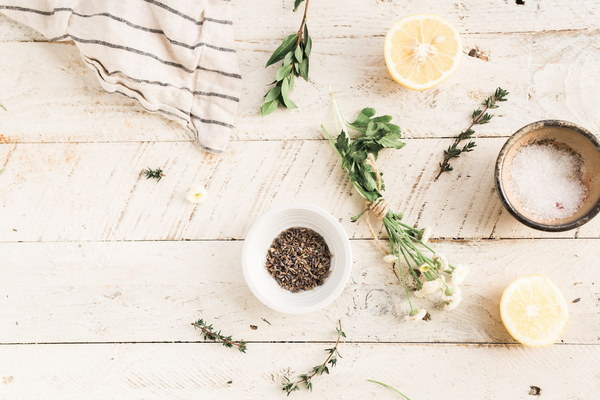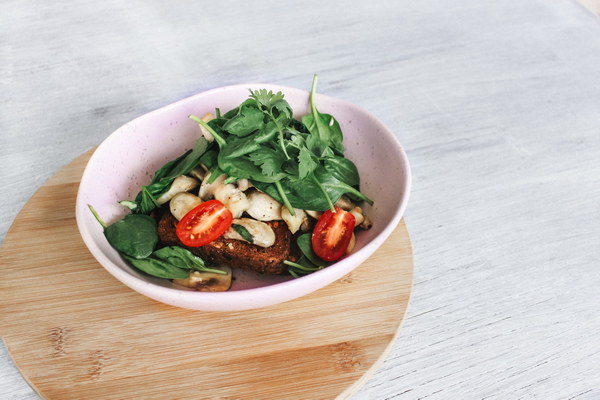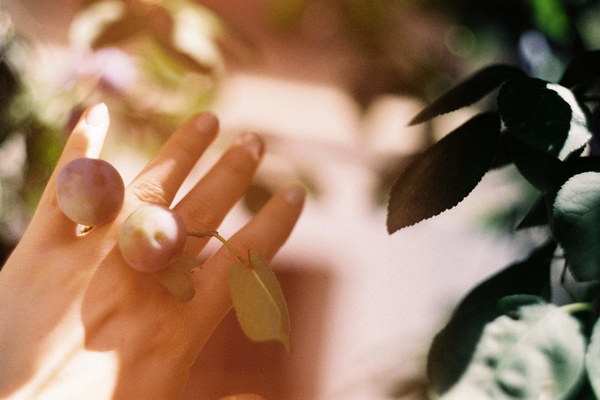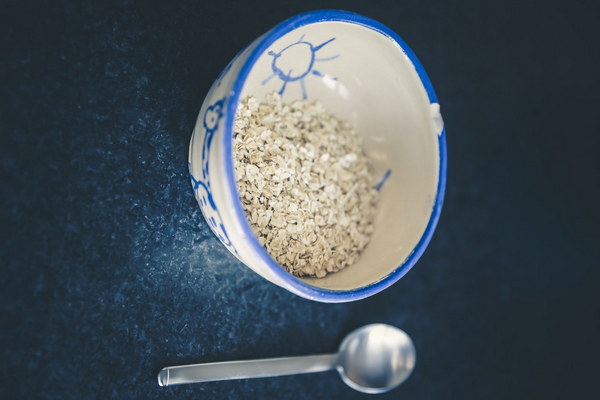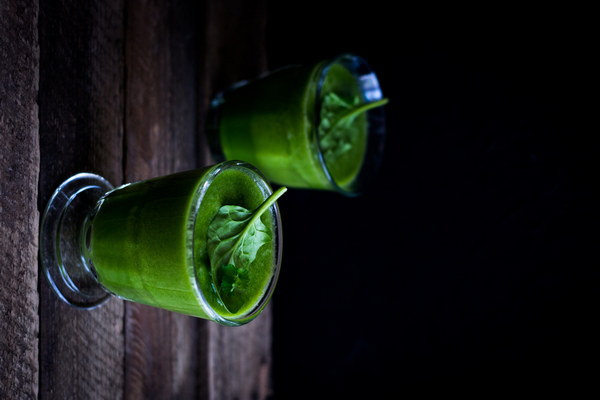Top Traditional Chinese Herbs for Eliminating Dampness A Comprehensive Guide
In Traditional Chinese Medicine (TCM), dampness is considered a common cause of various health issues. It is characterized by symptoms such as fatigue, bloating, and weight gain, and is often caused by factors like poor diet, lack of exercise, and exposure to damp environments. To combat dampness, TCM practitioners recommend using certain herbs that have the ability to eliminate dampness from the body. In this article, we will explore the top traditional Chinese herbs for eliminating dampness and their benefits.
1. Cinnamon (Cinnamomum cassia)
Cinnamon is a popular spice that has been used in TCM for centuries. It is believed to warm the body and improve circulation, which helps in eliminating dampness. Cinnamon is also known for its anti-inflammatory properties, which can alleviate symptoms such as joint pain and muscle aches.

2. Atractylodes (Atractylodes macrocephala)
Atractylodes is a commonly used herb in TCM for treating dampness. It has a sweet and slightly bitter taste, and is known for its ability to tonify the spleen and improve digestion. Atractylodes can help eliminate dampness by promoting the movement of qi and boosting the immune system.
3. Poria (Poria cocos)
Poria is another essential herb for eliminating dampness in TCM. It has a sweet and neutral taste, and is often used in combination with other herbs to treat dampness-related conditions. Poria is known for its ability to absorb excess moisture from the body, thus reducing symptoms like bloating and fatigue.
4. Hoelen (Fomes officinalis)
Hoelen is a hard, woody mushroom that is widely used in TCM for eliminating dampness. It has a sweet and slightly bitter taste, and is believed to have a cooling effect on the body. Hoelen can help reduce dampness by promoting urination and clearing damp heat from the body.
5. Dong Quai (Angelica sinensis)
Dong Quai is a well-known herb in TCM that is used for its ability to nourish the blood and regulate menstruation. However, it is also effective in treating dampness by promoting the movement of qi and eliminating dampness from the body. Dong Quai can be particularly beneficial for women experiencing symptoms related to dampness, such as premenstrual bloating and weight gain.
6. Alisma (Alisma orientale)
Alisma is a water-lily plant that is commonly used in TCM for treating dampness-related conditions. It has a sweet and slightly bitter taste, and is known for its ability to drain dampness from the body. Alisma can help alleviate symptoms such as edema, bloating, and weight gain.
7. Peony (Paeonia lactiflora)
Peony is a flowering plant that has been used in TCM for centuries. It is believed to have a cooling effect on the body and is often used to treat damp-heat conditions. Peony can help eliminate dampness by promoting the movement of qi and clearing heat from the body.
In conclusion, these traditional Chinese herbs have been proven effective in treating dampness-related health issues. While it is important to consult with a TCM practitioner before starting any herbal treatment, incorporating these herbs into your diet or using them in the form of tea or tinctures can help alleviate symptoms of dampness and improve overall health. Remember that TCM is a holistic approach to health, and addressing the root cause of dampness is key to long-term relief.
